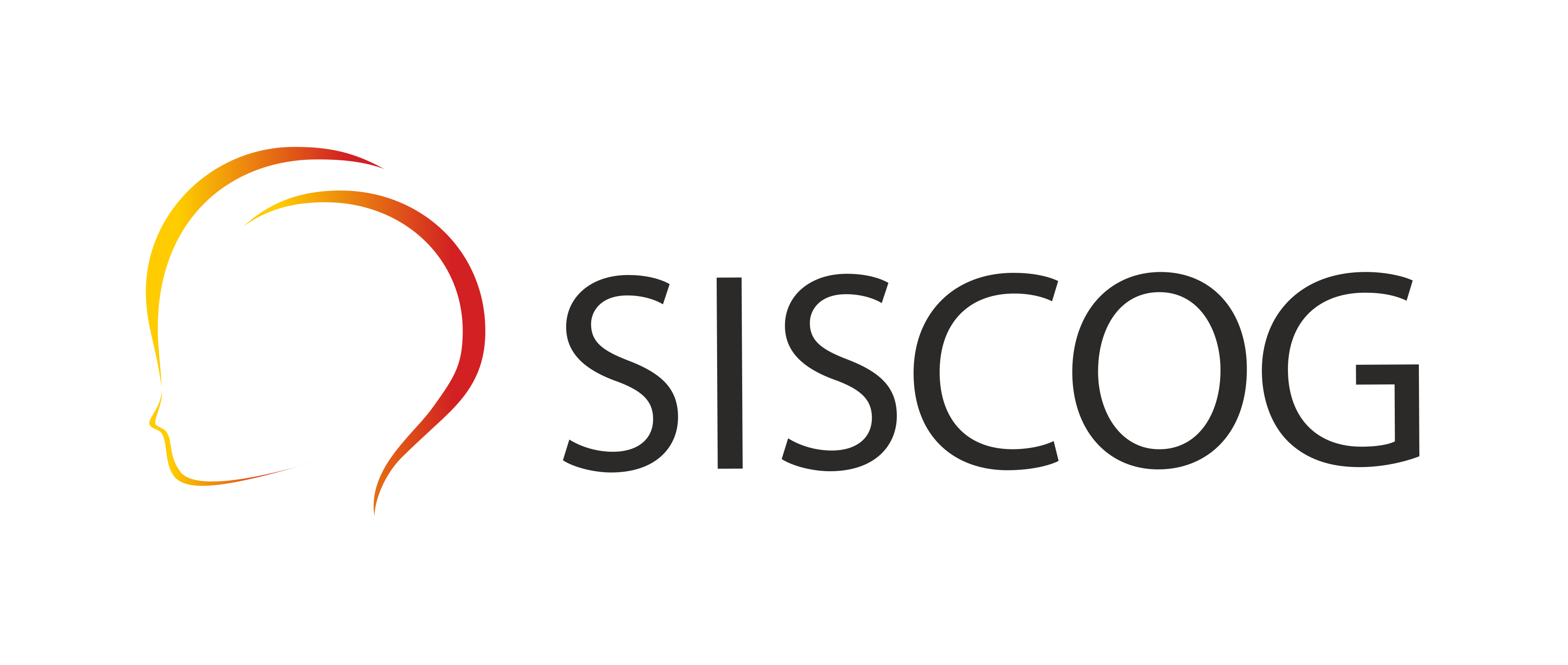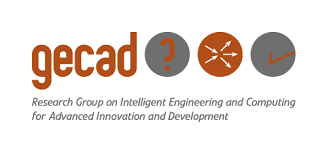Social Simulation and Modelling (SSM)
Social Simulation is a multi-disciplinary effort that has increasingly established new challenges for the Artificial Intelligence and Multiagent Systems community, by bringing the agent technology to face complex phenomena such as the ones found in social sciences. The exchange between researchers in these areas has proven mutually fruitful, as much inspiration in Multiagent Systems has come from Social Sciences, and these have benefited from more rigourous and operational concepts as well as from principled methodologies with which to face experiments with heterogeneous artificial agents.
Social Simulation (SS) brings together the multi-agent systems (MAS) and agent-based modelling (ABM) communities. The focus of MAS is on the solution of complex problems related to the construction, deployment and efficient operation of agentbased systems, while the focus of ABM is on simulating and synthesising social behaviours in order to understand real social systems (human, animal and even digital) via the development and testing of new theories. Both these communities are now wellestablished and have many common issues, but there are few opportunities for crossover of ideas between the two communities. In addition, since social life could not be conceived without social interactions, other areas such as social network analysis have contributed to characterize and model the structures of networks, so as to understand the flow of relevant factors between network nodes (i.e., the agents).
This track aims at presenting the most recent advances in multi-agent-based exploratory social simulation from a strong computer science and Artificial Intelligence stance. To promote a multi-disciplinary and cross-influential approach, this track will focus both on ideas coming from Artificial Intelligence as a new technology to provide insights into ABM community and the ideas coming from social sciences as new metaphors to provide insights into MAS community.
Topics of Interest
General issues:
- Agent and social environment modelling
- Standards for social simulators including inter-operability
- Self-organisation, scalability, robustness in SS
- Policy applications
- SS applications
- Social Network Analysis
- Simulation
- Economical applications
MAS issues:
- Grid-computing for SS
- Visualisation and analytic tools
- Managing interactions in large-scale systems
- Simulation languages and formalisms
- Complexity
ABM issues:
- Formal and agent-based models of social behaviour and social order
- Social structures and norms
- Cognitive modelling and social simulation
- The emergence of co-operation and co-ordinated action
- Agent-based experimental economics
- Empirically-based agent-based modelling
Paper Submission Instructions
All accepted papers will be published by Springer in a volume of Springer’s Lecture Notes in Artificial Intelligence (LNAI) corresponding to the proceedings of the 19th EPIA Conference on Artificial Intelligence, EPIA 2019.
Submissions must be original and not published elsewhere. Papers should not exceed twelve (12) pages in length and must adhere to the formatting instructions of the conference. Each submission will be peer reviewed by at least three members of the Program Committee. The reviewing process is double blind, so authors should remove names and affiliations from the submitted papers, and must take reasonable care to assure anonymity during the review process. References to own work may be included in the paper, as long as referred to in the third person. Acceptance will be based on the paper’s significance, technical quality, clarity, relevance and originality. All accepted papers must be presented orally the conference by one of the authors and at least one author of each accepted paper must register for the conference.
All papers should be submitted in PDF format through the EPIA 2019 EasyChair submission page. Prospective authors should select the thematic track to which their paper is to be submitted.
Important Dates
Paper submission deadline (Extended) : April 15, 2019 April 30, 2019
Notification of paper acceptance: May 31, 2019, June 7, 2019
Camera ready papers deadline: June 15, 2019, June 21, 2019
Conference dates: September 3-6, 2019
Organizing Committee
Luis Antunes, Universidade de Lisboa, Portugal
Pedro Campos, Universidade do Porto, Portugal
Shu-Heng Chen, National Chengchi University, Taiwan
Program Committee
Ana Bazzan, UFRGS, Brazil
Andrea Teglio, University Ca' Foscari, Venice, Italy
Annalisa Fabretti, Univ. Roma, Italy
Bruce Edmonds, Centre for Policy Modelling, UK
Claudio Cioffi-Revilla, George Mason Univ., USA
Cristiano Castelfranchi, ISTC/CNR, Italy
Frederic Amblard, Univ. Toulouse 1, France
Friederike Wall, Alpen-Adria-Universität Klagenfurt, Austria
Ghita Mezzour, International University of Rabat, Morocco
Hélder Coelho, Universidade de Lisboa, Portugal
João Balsa, Universidade Lisbon, Portugal
Luis R. Izquierdo, Universidad de Burgos, Spain
Nuno David, ISCTE, Portugal
Pedro Magalhães, ICS, Portugal
Pedro Santos, Instituto Superior Técnico, Portugal
Philippe Mathieu, Lille1 university, CRIStAL Lab, France
Pia Ramchandani, Director of Artificial Intelligence Accelerator at PwC & University of Pennsylvania, USA
Ramon Villa Cox, Carnegie Mellon, USA
Sérgio Bacelar, INE, Portugal
Tânya Araújo, ISEG, Portugal
Tim Verwaart, LEI, Wageningen UR, The Netherlands


















